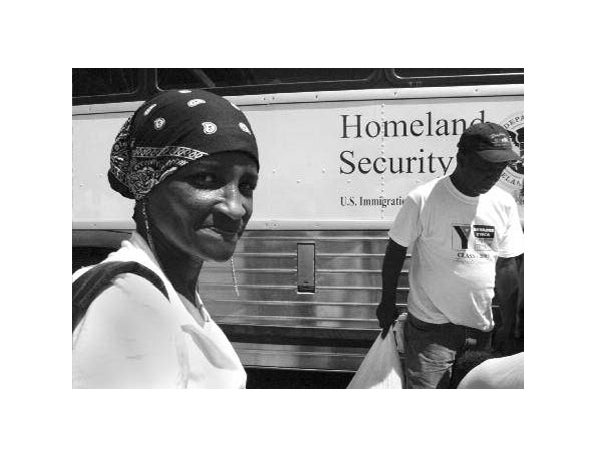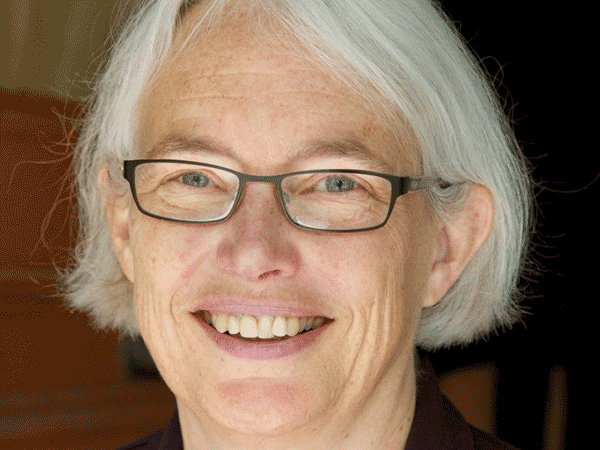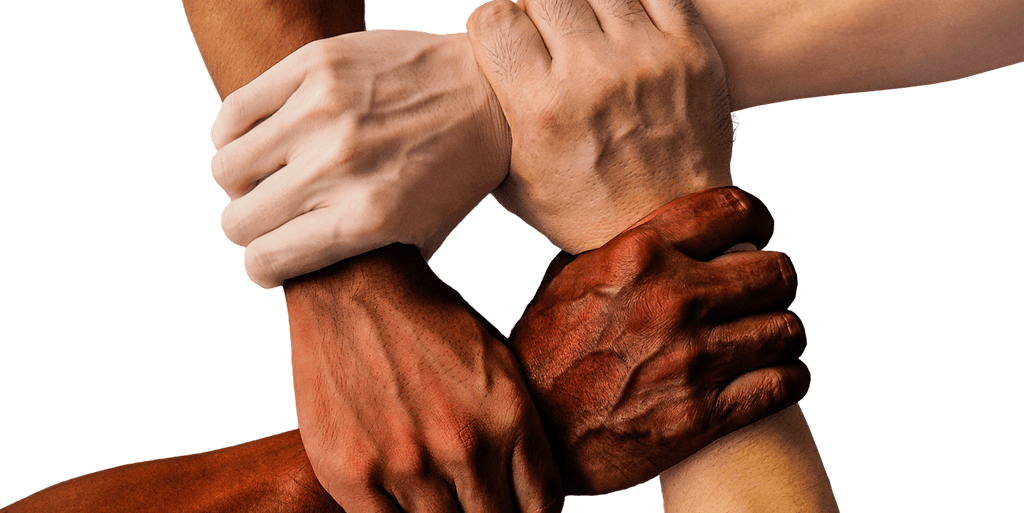The Resilience in Survivors of Katrina Study (RISK) study has followed a cohort of low-income parents from a year before (baseline) exposure to Hurricane Katrina, and then 1, 4 and 12 years post disaster in order to learn more about the short- and long-term impacts. The findings of this study published in PLOS ONE contribute to the body of research on exposure to disasters by confirming that people who were…
Mary Waters looks at COVID-19 through a sociological lens in this video chat with Harvard Dean Rakesh Khurana
Tune in to hear Mary Water‘s perspective on how some of the positive qualities in human nature can rise to the surface (and surprise us!) when we’re faced with a disaster.
Mary Waters to serve as interim director during HCPDS leadership sabbatical
When Harvard Pop Center Director Lisa Berkman and Associate Director Jason Beckfield are both on sabbatical during the 2020-2021 academic year, Mary Waters, the PVK Professor of Arts and Sciences and the John L. Loeb Professor of Sociology at Harvard University, will serve as interim director. Professor Waters is a closely affiliated faculty member and long-time Center collaborator, whose research interests—such as the integration of immigrants and their children, and…
Continue reading “Mary Waters to serve as interim director during HCPDS leadership sabbatical”
Study of Hurricane Katrina survivors offers unique insights into impact of neighborhood gentrification on health
Researchers affiliated with the Resilience in Survivors of Hurricane Katrina (RISK) project have published a paper that takes a look at the health impacts of being displaced into a gentrified neighborhood. The researchers did not find evidence of significant effects on BMI, self-rated health, or psychological distress. Photo: Ted Eytan on Flickr
Twelve years after Hurricane Katrina, some still suffering from post-traumatic stress
Researchers affiliated with the RISK project have published a study in Social Science & Medicine that looks at the long-term mental health consequences of Hurricane Katrina. Among the study participants—a group of low-income mothers— one in six was found to still be suffering post-traumatic stress symptoms (PTSS), and hurricane-related traumas were found to predict persistent PTSS.
Can natural disasters facilitate growth for their survivors?
Findings of a study involving Hurricane Katrina survivors suggest that post-traumatic growth (PTG) was evident in five different key areas for most of the low-income survivors that participated in the study. Mary Waters, PhD, and other RISK project researchers found that factors such as racially diverse communities, improved neighborhoods, and new educational and economic opportunities were credited with facilitating this growth.
A 21st-century-approach to qualitative data analysis
Mary Waters has co-authored a research article in Sociological Methods & Research that challenges the status-quo method (grounded theory framework) for qualitative coding procedures. The researchers suggest a way to better leverage today’s software, designed to support rigorous, transparent, and flexible analysis of in-depth interview data.
Mary C. Waters awarded prestigious Harvard Arts and Sciences professorship
Harvard Pop Center faculty member Mary C. Waters has been named the PVK Professor of Arts and Sciences in recognition of her excellence in leadership, teaching, and scholarly achievement. The prestigious, five-year term professorship is one of four awarded this year to faculty for the highest level of scholarly achievement within the Faculty of Arts and Sciences at Harvard. Learn more in The Harvard Gazette.
What makes some natural disaster survivors more resilient than others?
Mary Waters‘ research (RISK project) on the long-term consequences of a disaster on the lives of survivors is featured in this piece in Science Magazine.
Increased risk of migraine headache linked to some PTSD symptoms following a natural disaster
Those suffering from certain symptoms of PTSD (particularly intrusion, which is the inability to keep memories of the event from returning) following a natural disaster face an increased risk for migraine headaches. Harvard Pop Center Visiting Scientist Mariana Arcaya, ScD, is lead author on the paper published in Health Psychology. Other authors include Pop Center faculty members Mary Waters, PhD, and S V Subramanian.



